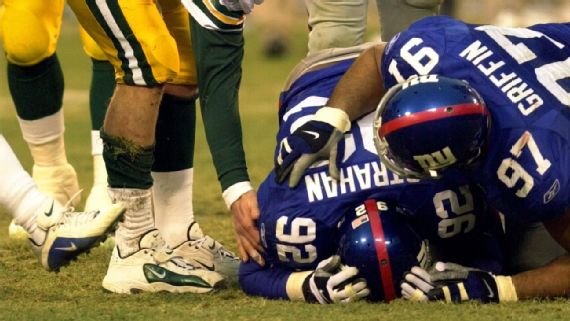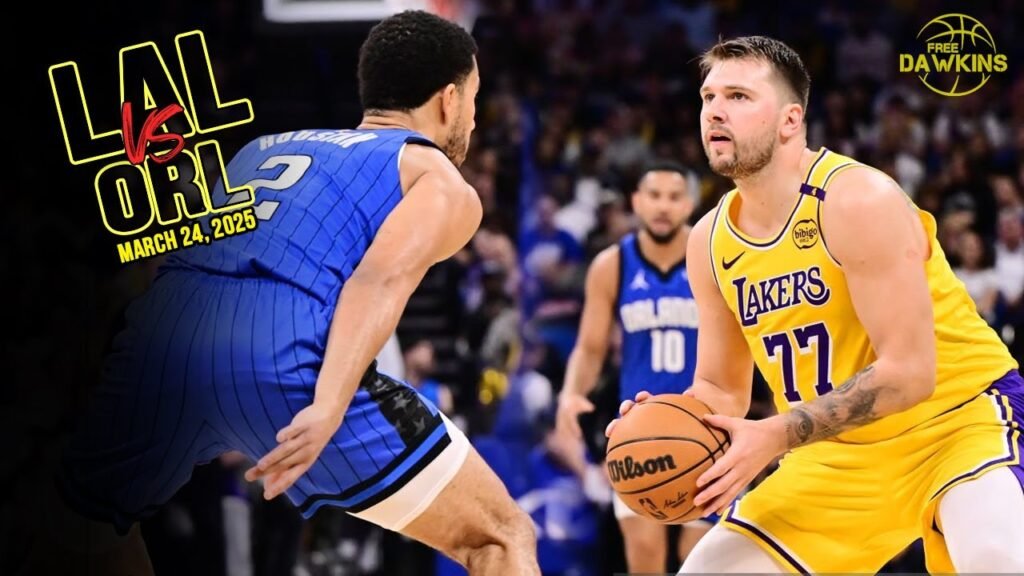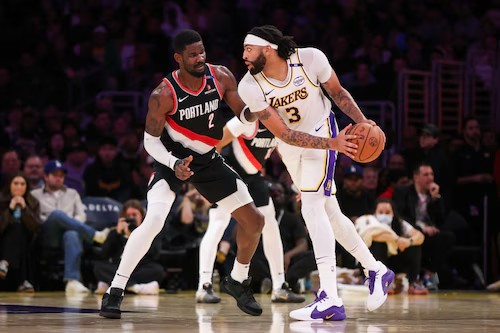

 The Ultimate Guide to Football Pants: Choosing the Right Gear for Comfort and Protection
The Ultimate Guide to Football Pants: Choosing the Right Gear for Comfort and Protection




 The Ultimate Guide to Football Pants: Choosing the Right Gear for Comfort and Protection
The Ultimate Guide to Football Pants: Choosing the Right Gear for Comfort and ProtectionIntroduction: The Miami Hurricanes Football Legacy
The Miami Hurricanes football team, representing the University of Miami, has a rich history that spans nearly a century. Over the years, the team has amassed an impressive number of championships, bowl wins, and Heisman Trophy winners, establishing itself as one of the most successful and recognizable football programs in the country.
Since their inception, the Hurricanes have been known for their fast-paced, high-energy play style, as well as their colorful personalities and unique swagger. The team’s passionate fan base, often referred to as the “305 Nation” in honor of Miami’s area code, is one of the most dedicated and loyal in all of college football. With a combination of on-field success and off-field bravado, the Miami Hurricanes have become a symbol of resilience, strength, and dominance in college football.
The Early Years (1920s–1960s): Humble Beginnings
Establishment of the Program
The Miami Hurricanes football program was founded in 1926, though it wasn’t until later in the 20th century that the team would become a powerhouse in college football. During the early years, the Hurricanes were not a national contender and struggled to find their identity in a competitive college football landscape. The team played in small stadiums, and there was limited media coverage of their games. Nevertheless, the foundation for success was being laid during these formative years.
Early Struggles and Building the Foundation
The team initially competed in local and regional leagues, but success was hard to come by. The program’s early history was marked by a lack of resources, with little national exposure or significant support from alumni and fans. However, the program laid the groundwork for future success by investing in better facilities and increasing its recruitment efforts, particularly in the talent-rich area of Miami, which would later become a key factor in the team’s rise to prominence.
The Rise to Prominence (1970s): The Emergence of the Hurricanes
The Influence of Coach Howard Schnellenberger
The 1970s was a transformative decade for Miami football. The team began to show signs of improvement when Howard Schnellenberger took over as head coach in 1979. Schnellenberger, who had experience coaching under legendary figures such as Don Shula and Bear Bryant, was tasked with bringing the program to national prominence. He had a bold vision for the Hurricanes: to build a program that could compete at the highest level.
The 1970s: A Decade of Growth
Under Schnellenberger’s leadership, the Hurricanes began to compete at a higher level in the 1970s, culminating in a dramatic improvement in recruiting and overall performance. Schnellenberger’s efforts on and off the field paved the way for the team’s first truly successful years in the 1980s. The 1970s saw the team rise from an underdog to a legitimate contender in college football.
The 1980s: The Glory Years
The Arrival of Jimmy Johnson
In 1984, Schnellenberger stepped down, and Jimmy Johnson took over as head coach. Johnson brought a new level of intensity and discipline to the program. Under his leadership, the Hurricanes took the next step, winning their first national championship in 1983 with an undefeated season. Johnson would go on to become one of the most successful coaches in Miami’s history, building a powerhouse that would dominate college football for years.
Back-to-Back National Championships
The Hurricanes’ dominance continued throughout the 1980s, with Miami winning national championships in 1987, 1989, and 1991. These victories were powered by some of the most talented teams in college football history, featuring legendary players such as Michael Irvin, Vinny Testaverde, and Jerome Brown. Miami’s success in the 1980s solidified its reputation as one of the most talented and intimidating teams in the nation.
Iconic Players and Coaches of the 1980s
The 1980s brought Miami a wealth of talent, including future NFL stars like Michael Irvin, who went on to become a Hall of Fame wide receiver, and Vinny Testaverde, who won the Heisman Trophy in 1986. The team’s fast-paced offense and swarming defense made them a feared opponent across the nation.
The 1990s: A Decade of Dominance
The 1991 National Championship Team
The 1991 Miami Hurricanes are often regarded as one of the best college football teams of all time. The team, led by head coach Dennis Erickson, finished the season with a perfect record and dominated their competition. With a roster that included future NFL stars like Warren Sapp, Ray Lewis, and Gino Torretta (who won the Heisman Trophy in 1992), the Hurricanes proved nearly unstoppable.
Key Players and Coaches: The Impact of Dennis Erickson
Dennis Erickson took over as head coach in 1989 and continued the team’s winning ways, leading them to back-to-back national championships in 1989 and 1991. Erickson’s innovative offense and emphasis on recruiting helped Miami maintain its position as a national contender throughout the 1990s. Under his leadership, the Hurricanes became known for their high-powered offenses and aggressive defenses.
Rivalries and Memorable Games
The 1990s saw the Hurricanes firmly establish their rivalries with teams like Florida State, Florida, and Notre Dame. Miami’s annual matchups with Florida State became some of the most heated and memorable games in college football. These games were often pivotal in determining the national champion and featured some of the best college football talent of the era.
The 2000s: Maintaining Excellence
The Rise of the ‘U’ under Butch Davis and Larry Coker
The early 2000s were marked by a continuation of Miami’s success. Under head coach Butch Davis, the Hurricanes maintained their status as one of the top teams in the nation. However, it was under Larry Coker that the team reached its peak. In 2001, Coker’s Miami Hurricanes delivered one of the most dominant seasons in college football history, finishing with a perfect record and winning the national championship in a stunning victory over Nebraska in the Rose Bowl.
The 2001 National Championship: One of the Greatest Teams in History
The 2001 Miami Hurricanes team is widely regarded as one of the greatest in college football history. With a roster full of future NFL stars, including quarterback Ken Dorsey, running back Willis McGahee, and defensive linemen like Jerome McDougle, the Hurricanes were nearly unstoppable. The team’s victory in the BCS National Championship Game capped off an incredible season, solidifying Miami’s place in football history.
The 2010s: The Struggles and Rebuilding
Coaching Changes and Program Instability
The 2010s were a challenging decade for Miami football. After the departure of Coker, the program struggled to maintain the level of success it had once enjoyed. Various coaching changes, including the hiring of Al Golden and Mark Richt, failed to bring sustained success. The Hurricanes were often a middle-tier team in the ACC, and their championship aspirations seemed a distant memory.
Rebuilding under Mark Richt
Mark Richt’s arrival in 2016 brought hope to the program. Under his leadership, the Hurricanes began to show signs of revival, particularly during the 2017 season, when they made a return to national prominence. Richt’s focus on rebuilding the program through strong recruiting and a renewed emphasis on defense helped set the stage for the Hurricanes’ future success.
The 2020s: A New Era for the Hurricanes
The Arrival of Manny Diaz and Mario Cristobal
In recent years, Miami has undergone a coaching transition once again, with Manny Diaz taking the reins in 2019 and Mario Cristobal succeeding him in 2022. Cristobal, a former Miami player and coach, is seen as the right man to bring the Hurricanes back to the top of college football. His recruiting prowess and commitment to rebuilding the team’s culture have made him one of the most exciting figures in the program’s history.
Hopes for the Future
With the Hurricanes investing heavily in new facilities and recruiting efforts, there is renewed optimism for the future. Fans are hoping for a return to glory, and with Cristobal leading the charge, the Hurricanes are poised to make a run at the national championship once again.
Miami Hurricanes Football Culture and Traditions
The culture surrounding Miami Hurricanes football is as unique as the team itself. From the “Turnover Chain” to the iconic “U” hand gesture, the Hurricanes have built a brand that is synonymous with excitement and swagger. This section dives into the various traditions that make Miami football one of the most recognizable programs in the country.
Key Rivalries: Florida State, Florida, and Other Notable Opponents
No discussion of Miami Hurricanes football is complete without addressing the team’s fierce rivalries. The rivalry with Florida State, in particular, is one of the most intense in college football, often playing a significant role in determining conference champions and national rankings.
Notable Players in Miami Hurricanes History
The Miami Hurricanes have produced some of the best players in college football history, many of whom have gone on to have successful careers in the NFL. This section highlights some of the most notable players from the program’s storied history.
Coaches Who Shaped the Program
From Howard Schnellenberger to Jimmy Johnson, and from Dennis Erickson to Mark Richt and Mario Cristobal, the coaching tree of the Miami Hurricanes is rich with legendary figures who have left their mark on the program. Each coach has played a critical role in the program’s development and success.
Miami Hurricanes Stadiums: From the Orange Bowl to Hard Rock Stadium
Miami’s home stadiums have been central to the team’s identity. From the iconic Orange Bowl to the modern Hard Rock Stadium, this section explores the venues that have housed the Hurricanes throughout the years.
Miami Hurricanes Football Recruiting and Development
Recruiting is the lifeblood of any successful football program, and the Hurricanes have long had an edge thanks to their location in one of the most talent-rich areas in the country. This section examines the recruiting practices that have helped Miami stay competitive.
Conclusion: The Legacy and Future of Miami Hurricanes Football
As one of college football’s premier programs, the Miami Hurricanes will always be remembered for their past successes. But as the team continues to grow and evolve, the future remains bright. With a strong recruiting class and a passionate fan base, Miami is primed for a return to the top.


